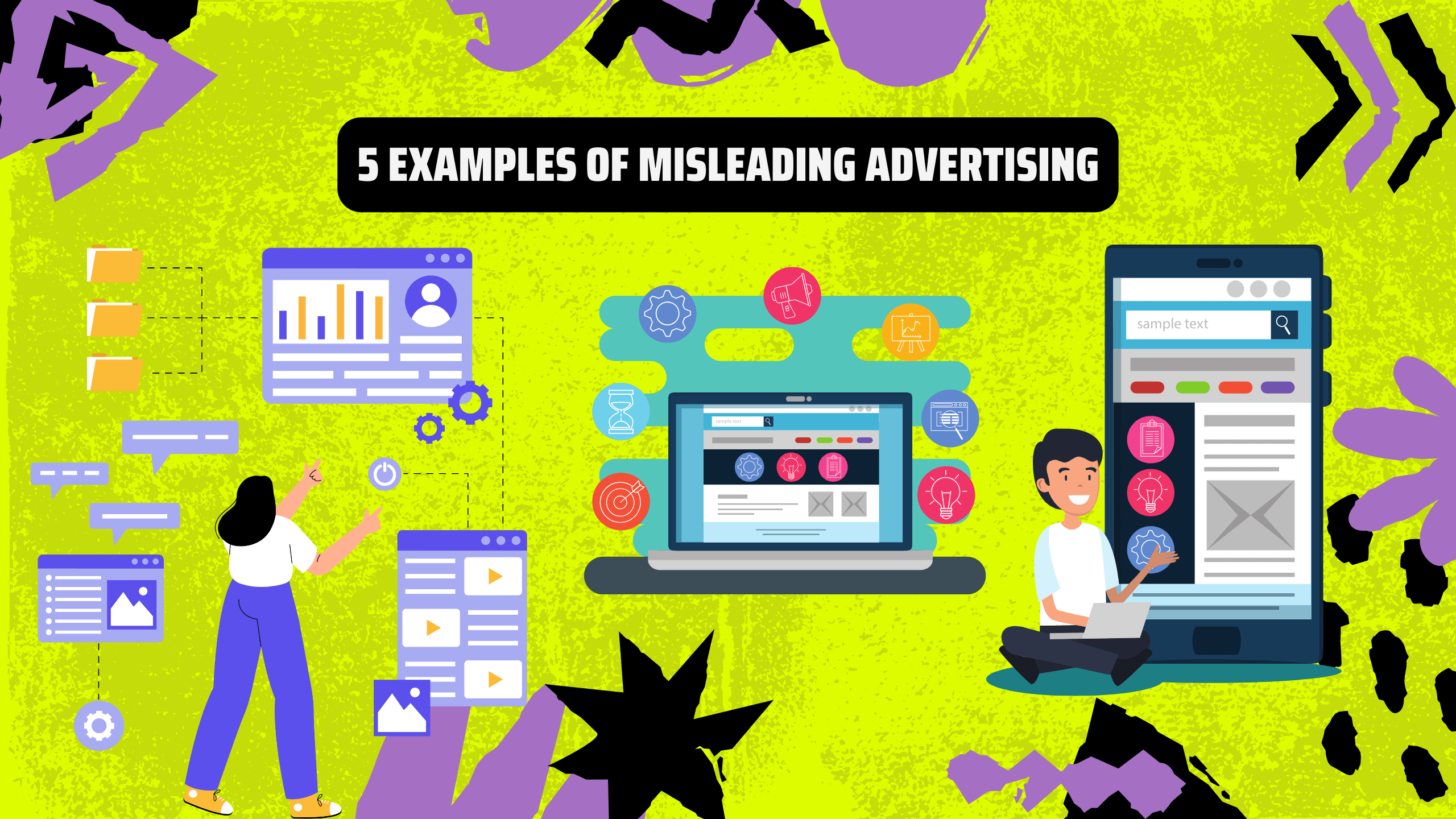In the dynamic world of digital advertising, budget management isn’t just about numbers; it’s about orchestrating a symphony of resources to create harmonious campaigns that resonate with your target audience. Whether you’re a seasoned publisher or just dipping your toes into the digital waters, mastering the art of budget management is your compass to navigating this intricate terrain.
1. Setting the Stage: The Role of Budget Management
At its core, budget management in digital advertising is allocating and distributing funds across various channels, platforms, and campaigns. It’s about making every dollar count and ensuring that your advertising efforts yield the best possible return on investment (ROI).
2. Defining Your Advertising Goals and Objectives
Before diving into the budget allocation process, defining your advertising goals and objectives is imperative. Are you aiming to boost brand awareness, drive conversions, or increase website traffic? Clearly outlining your objectives provides a roadmap for budget distribution.

3. Understanding Cost Structures and Pricing Models
Different advertising channels and platforms operate on various cost structures and pricing models. Whether it’s pay-per-click (PPC), cost-per-impression (CPM), or cost-per-acquisition (CPA), comprehending these models empowers you to make informed decisions about where to allocate your budget for maximum impact.
4. Tailoring Your Budget Allocation Strategy
Strategically dividing your budget across channels is akin to allocating resources on a battlefield. Consider the unique strengths of each platform, your target audience’s preferences, and historical performance data to determine the optimal distribution.
5. Monitoring and Reallocation
Budget management isn’t a set-it-and-forget-it endeavour. Regular monitoring and reallocation based on performance data ensure that your budget is optimized to deliver the best results. Platforms that consistently outperform may warrant increased investment, while underperforming channels could require adjustments or reallocation.
6. The Tools of the Trade: Budget Management Software
In a world driven by data, budget management software becomes your ally. Platforms like Google Ads, Facebook Ads Manager, and native analytics tools provide real-time insights, enabling you to track spending, monitor performance, and fine-tune your budget allocation strategy.
7. Challenges and Considerations in Budget Management
Budget management isn’t without its challenges. Adapting to fluctuating market conditions, unexpected expenses, and fierce competition requires flexibility and a willingness to recalibrate your strategy.
8. Future Trends: The Evolution of Budget Management
As technology continues to shape the advertising landscape, the future of budget management holds exciting prospects. Automation, AI-driven insights, and predictive analytics are poised to elevate budget management, making it even more data-informed and responsive.
Conclusion: Navigating the Budgetary Waters
Budget management isn’t just about numbers—it’s about making judicious decisions that propel your campaigns to new heights. In the vast expanse of digital advertising, where opportunities are abundant and choices abound, mastering budget management is your compass, guiding you towards achieving your advertising goals and embarking on a journey of growth, engagement, and success.
So, whether you’re fine-tuning your existing budget allocation or embarking on a new campaign, remember that the art of budget management is your secret weapon—a beacon of strategy that illuminates the path to advertising excellence.











